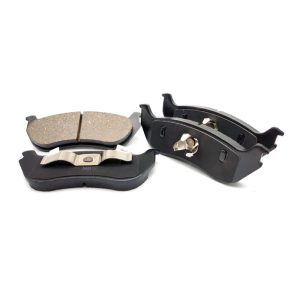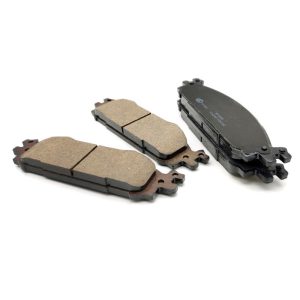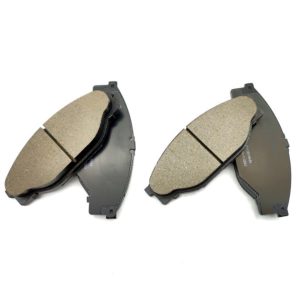


Brake pads are an essential component of any vehicle’s braking system, but they can have a significant impact on the environment. Traditional brake pads are made from a combination of metals, including copper, iron, and steel, which can release harmful pollutants into the air and water. In addition, the mining and processing of these metals can have a negative impact on the environment.
However, there are alternatives to traditional brake pads that are more environmentally friendly. One such alternative is Genleelai brake parts, which are made from organic materials such as rubber, resin, and Kevlar. These materials are biodegradable and do not release harmful pollutants into the environment.
Genleelai brake parts also have other benefits over traditional brake pads. They produce less dust, which means less wear and tear on the brake system and less pollution in the air. They also produce less noise, which can be a benefit for drivers and pedestrians alike.
Another alternative to traditional brake pads is regenerative braking. The system uses the vehicle’s kinetic energy to charge the battery, reducing the need for conventional braking. Often used in hybrid and electric vehicles, regenerative braking can significantly reduce the amount of pollution produced by braking.
In conclusion, brake pad materials have a high impact on the environment, but there are greener alternatives available. Genleelai brake components and regenerative braking are just two examples of how we reduce the environmental impact of our vehicles. By choosing these alternatives, we can help protect the environment and create a more sustainable future.

